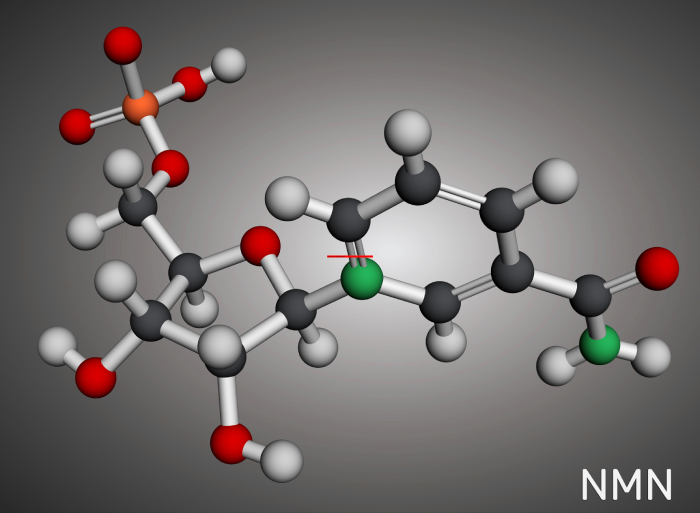Exelixis Announces FDA Review of Cabozantinib for Advanced Neuroendocrine Tumors
Exelixis, Inc. recently revealed that the U.S. Food and Drug Administration (FDA) will discuss its supplemental New Drug Application (sNDA) for cabozantinib (brand name CABOMETYX®) in the context of treating adults with previously treated advanced pancreatic neuroendocrine tumors (pNET) and advanced extra-pancreatic neuroendocrine tumors (epNET) during an Oncologic Drugs Advisory Committee (ODAC) meeting scheduled for March 2025. This application stems from the final results of the Phase 3 CABINET trial, which was conducted by the National Cancer Institute’s National Clinical Trials Network. The trial compared cabozantinib to a placebo in patients with advanced pNET and epNET.
In August 2024, Exelixis disclosed that the FDA had granted orphan drug designation to cabozantinib for pNET treatment and had set the Prescription Drug User Fee Act (PDUFA) action date for April 3, 2025. The orphan drug status is an important regulatory milestone, recognizing the drug’s potential value in treating rare diseases.
The pivotal CABINET trial, as previously reported in August 2023, saw a recommendation from the independent Data and Safety Monitoring Board (DSMB) to stop patient enrollment. This recommendation followed an interim analysis revealing a significant improvement in progression-free survival (PFS) for patients treated with cabozantinib compared to those on placebo. Consequently, randomized patients were unblinded, with those on placebo allowed to switch to cabozantinib.
Final results from the study were presented at the 2024 European Society of Medical Oncology (ESMO) Congress and were published simultaneously in the New England Journal of Medicine. These results confirmed that cabozantinib significantly improved PFS, with statistically meaningful and clinically significant benefits observed in comparison to the placebo. Further subgroup analyses highlighted that this benefit was consistent across various clinical subgroups, including tumor site, grade, and prior anticancer therapies.
The upcoming ODAC meeting will review these findings to assess the safety and efficacy of cabozantinib for the treatment of advanced pNET and epNET. ODAC’s role is to evaluate the data for investigational and marketed drugs and to advise the FDA Commissioner on their potential use in cancer treatment. However, it is important to note that this review is unrelated to the drug’s current approved indications in the U.S.
Commentary by YourDailyFit columnist Alice Winters

Exelixis’ announcement regarding the forthcoming ODAC review of cabozantinib for advanced neuroendocrine tumors marks a critical milestone in the ongoing development of targeted cancer therapies. Neuroendocrine tumors (NETs), particularly those of the pancreas and extra-pancreatic regions, are challenging to treat, often diagnosed at advanced stages with limited therapeutic options. The sNDA submission for cabozantinib, based on the CABINET trial, underscores the potential of the drug in this space, particularly for patients with previously treated pNET and epNET.
The CABINET trial’s findings are promising, particularly the observed improvements in progression-free survival (PFS), a key endpoint in oncology trials. The statistical significance and the clinical relevance of these results—confirmed by both the interim and final data—suggest that cabozantinib may offer substantial benefits over placebo, particularly in a population with few alternatives. The decision to halt the trial based on the early evidence of benefit, and the subsequent unblinding and crossover, was a strong indicator of the drug’s potential efficacy.
It is also noteworthy that the orphan drug designation for cabozantinib adds a layer of regulatory and market significance, granting the drug certain advantages in development and approval processes. Orphan drug status is typically awarded to therapies addressing rare diseases with few treatment options, and its designation for pNET aligns with the growing trend of innovative oncology treatments aimed at niche but high-need areas.
However, the path forward is not without challenges. ODAC’s upcoming review will likely scrutinize the safety profile of cabozantinib, which, despite showing encouraging efficacy data, could still present adverse effects that need to be weighed against the benefits. The real-world effectiveness, long-term outcomes, and safety data in a broader patient population remain critical considerations. Additionally, it will be important to observe how the data presented at ESMO and published in the New England Journal of Medicine is interpreted by ODAC and whether any concerns arise regarding the broader applicability of the trial’s results.
Ultimately, the March 2025 ODAC meeting will be pivotal in determining whether cabozantinib can extend its role in the treatment of advanced neuroendocrine tumors. If approved, it could provide a significant new treatment option for patients battling these rare and difficult-to-treat cancers, offering hope for better outcomes in a disease area with limited effective therapies.



